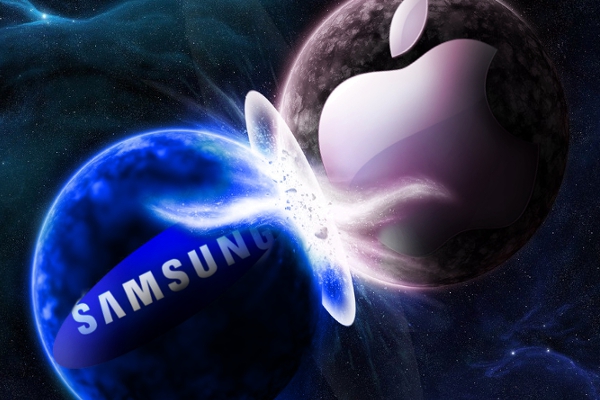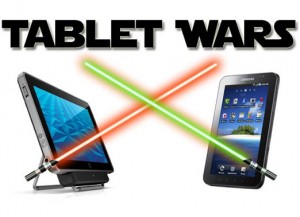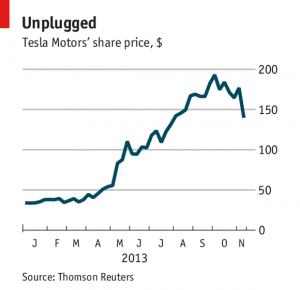Comment on Bill Fischers Blog
I have read Bill Fischers blog and found it very inspirational, everyone who has an opportunity should read it. Not only he discusses a future of China, that is in my opinion unpredictable and that is why extremely interesting, but also, he talks about all the great people, Fischers call them big dreamers. Lots of examples are provided: Alibaba, Baidu, Haier, Tencent, each one of them is interesting. Big dream- is something that is not ease to come up with, a lot of people think that their ideas are the big dreams that would succeed, but in reality most of them are wrong. Only those, rare once are right and will achieve their goal and change the world, each one of us, commerce student probably dreams of becoming one of those big dreamers who will change the world and become famous, at least I am.
Jack Ma said: “I want the employees to believe that we are a small company, no matter how big we get,” and I can see how his organisation, Alibaba, will be growing and growing.







